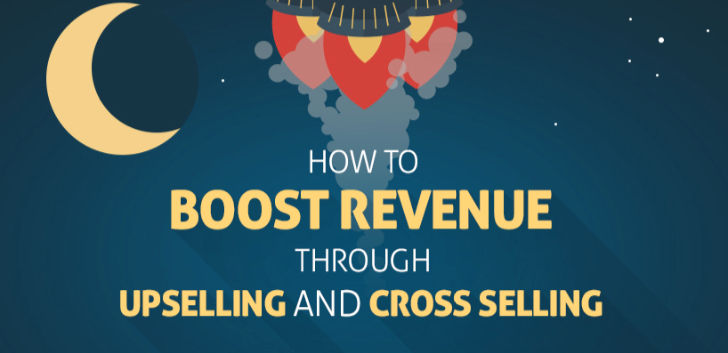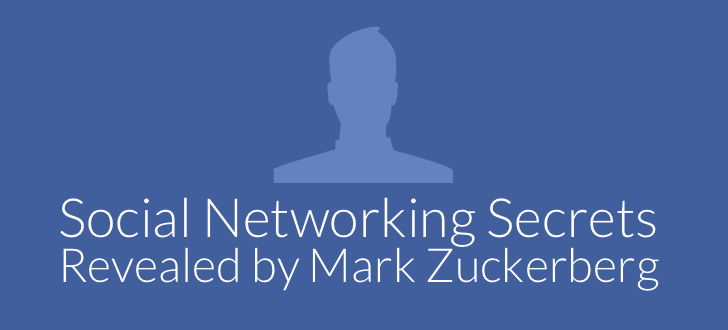Startups are energized by the excitement of breaking new ground, reaching new milestones, and taking calculated risks. The startup culture is characterized by a flurry of feverish, purposeful activity backed by belief in successful innovation that galvanizes leaders and teams into high achieving units. They move fast, not letting obstacles slow them down, and not accepting the status quo. Established businesses and the people who run them have a lot to gain by developing a startup mentality.
Experts Agree on the Benefits
Experts like Michael Hayman say that startup energy pushes people to give the most and do the best and that’s why it’s so valuable for businesses. Hayman likens the startup mentality to Martin Luther King’s passion and sense of urgency, inspiring belief in a shared cause. He says the startup spirit is an emotional matter that requires belief to sustain it, and the power of that belief is an invaluable business asset.
Hayman talks about businesses like Facebook that dedicate major resources to maintain startup cultures in their companies. He says this is not experimental; it’s essential for both growth and competition, and he points to the trail of failed firms that didn’t stay responsive that litter the business landscape, including Woolworth’s, Enron and Lehman Brothers.
President of Humor at Work, author, and international speaker Michael Kerr says the benefit of keeping a startup mentality is staying agile and seeking new opportunities. FlexJobs founder and CEO, Sara Sutton-Fell agrees, saying the entrepreneurial spirit supports the innovative problem solving and awareness of opportunities that fuel continuous growth. She says that the bigger and more mature businesses get, the harder they have to work to maintain and sustain a startup mentality, but it’s worth it. And it’s necessary to stay in business, and grow and profit.
How to Nurture a Startup Mentality
Startups are characterized by hopeful underdogs or innovative energy backed by the shared information required to make things happen on shortened timelines and limited resources. This kind of transparency differs from the status quo at many established companies that can’t be flexible or responsive, move quickly, or make decisions without layers of policy and procedure. As an example, identity theft protection company, LifeLock, put its company info on platforms specifically for startups like Crunchbase to drive transparency. This kind of transparency that shows funding rounds, board members, and acquisitions, it’s essential to business success. A lack of it is what drove global bank Lehman Brothers into bankruptcy.
Buy Into Startups
Diego Saez-Gil, the founder of WeHostels, says established companies often buy innovative startups to maintain originality in their business models. He cites Priceline buying Booking.com, and Google buying Android and YouTube. But he says when companies do this, they should resist absorbing the startups into their culture. The startups that are acquired should maintain their unique startup culture inside the bigger organization for the best results. Saez-Gil advises companies to let acquired startups stay surrounded by other startups, running lean and staying curious and interested in new technologies and new uses for tech and tools in the process.









